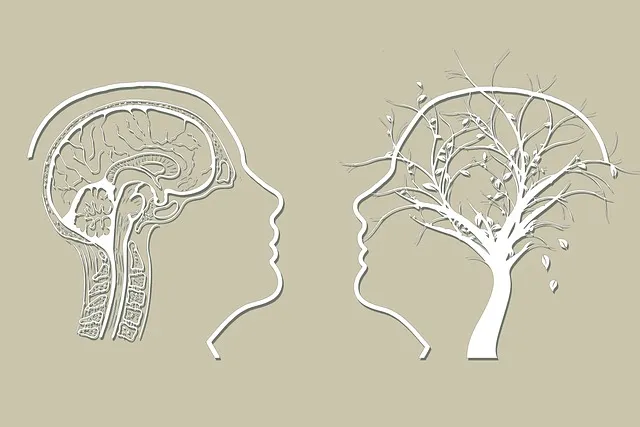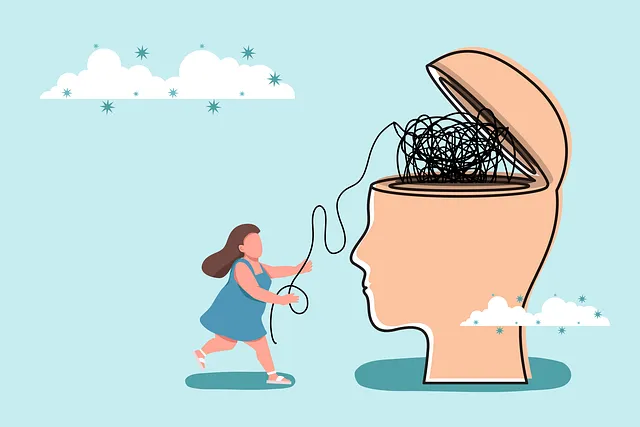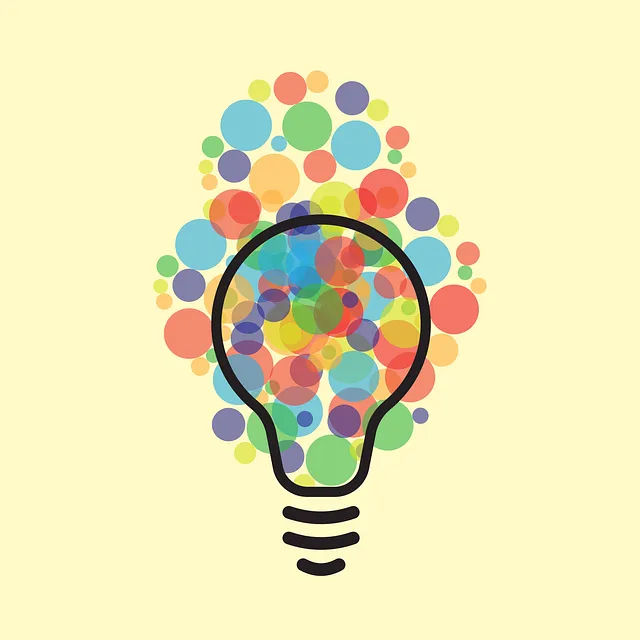Emotional intelligence (EI) is a key driver of well-being, as evidenced by initiatives at Louisville Kaiser Permanente and Norcal. Self-awareness, fostered through practices like meditation and journaling, improves coping skills during difficult times. Stigma reduction efforts in Norcal promote EI development to combat societal barriers. Mental health professionals offer tailored programs teaching emotional regulation techniques, while self-care routines emphasize balanced living for enhanced resilience. Access to mental health phone numbers at Louisville Kaiser Permanente underscores the growing recognition of EI as a vital component of holistic well-being.
Emotional intelligence (EI) is a powerful tool for personal and professional growth, yet many struggle to understand its true potential. This article guides you on a journey to unlock EI’s secrets, starting with an in-depth look at what it means to have high emotional intelligence. We explore the foundational role of self-awareness and provide practical strategies to enhance your EI in everyday life, inspired by insights from Louisville Kaiser Permanente mental health professionals and NorCal’s leading psychologists.
- Understanding Emotional Intelligence: Unlocking Its Potential
- The Role of Self-Awareness in Building Emotional Intelligence
- Strategies for Enhancing Emotional Intelligence in Everyday Life
Understanding Emotional Intelligence: Unlocking Its Potential

Emotional intelligence (EI) is a powerful tool that enables individuals to understand and manage their emotions effectively. It involves recognizing feelings in oneself and others, using this knowledge to guide thoughts and actions, and handling situations with empathy and skill. At Louisville Kaiser Permanente, mental health phone numbers are readily available, reflecting the growing recognition of EI as a vital component of overall well-being.
Developing emotional intelligence can significantly enhance one’s life, relationships, and career. It fosters better communication, strengthens social connections, and promotes resilience in the face of challenges. In the context of Norcal, mental illness stigma reduction efforts often emphasize mind over matter principles, encouraging individuals to cultivate EI as a means to combat societal barriers. Social skills training is another key component, helping people navigate interactions with empathy, assertiveness, and emotional awareness—all hallmarks of high EI.
The Role of Self-Awareness in Building Emotional Intelligence

Emotional intelligence building begins with a deep understanding of oneself—this is where self-awareness plays a pivotal role. It involves recognizing and acknowledging your emotions, both positive and negative, and comprehending how they influence your thoughts and behaviors. This introspective process empowers individuals to navigate complex situations with greater ease. For instance, a study by Louisville’s Kaiser Permanente revealed that those with higher levels of self-awareness exhibited improved coping skills during challenging times, leading to better mental health outcomes.
Self-care routine development is a practical way to enhance self-awareness and overall well-being. By incorporating regular activities that nurture both physical and mental health—like meditation, journaling, or engaging in hobbies—individuals can better manage stress and regulate their emotions. This proactive approach not only contributes to personal growth but also serves as a valuable tool for mental health professionals when assessing risk factors (norcal) and designing personalized interventions for their clients.
Strategies for Enhancing Emotional Intelligence in Everyday Life

Enhancing emotional intelligence is a practical skill that can be cultivated daily. Individuals can embark on this journey through various strategies, including mindfulness practices such as meditation or deep breathing exercises, which help in staying present and managing stress levels. Regular self-reflection allows one to understand their emotions, triggers, and responses, fostering better emotional regulation. Incorporating these techniques into routines can significantly improve one’s ability to recognize and manage feelings effectively.
Additionally, seeking support from mental health professionals, like those available at Louisville Kaiser Permanente or Norcal, offers valuable guidance. These experts design tailored Mental Health Education Programs that teach coping skills development, enabling individuals to navigate challenging situations with enhanced emotional intelligence. Self-care practices, such as maintaining a balanced diet, engaging in physical activity, and scheduling rest, are integral to overall well-being and contribute to better emotional resilience and awareness.
Emotional intelligence (EI) is a powerful tool for personal and professional growth, and its potential is increasingly recognized by organizations like Kaiser Permanente. In Louisville or Norcal, accessing mental health resources through phone support can be a game-changer in one’s journey to build EI. By fostering self-awareness and implementing practical strategies from everyday life, individuals can enhance their emotional understanding and regulation. This article has provided insights into the foundational aspects of EI development, offering a starting point for anyone seeking to navigate their emotions more effectively and improve overall well-being.






